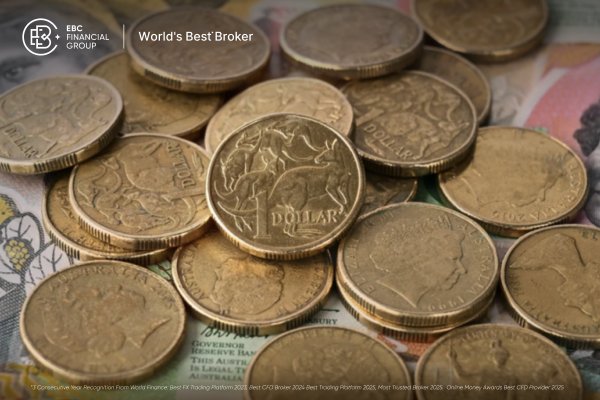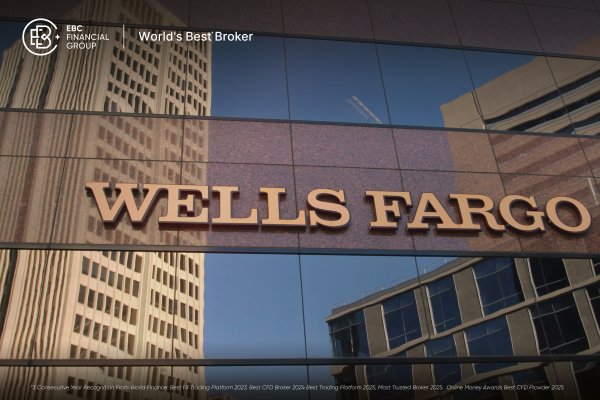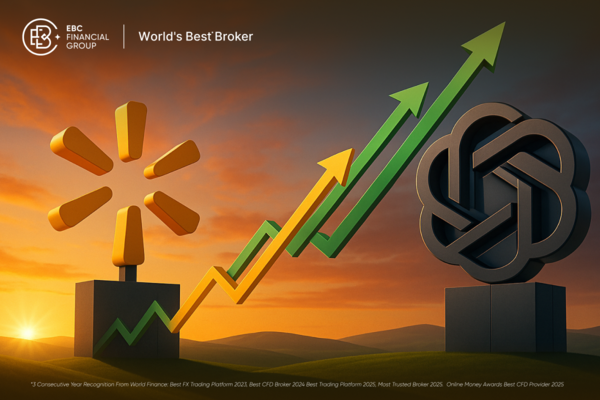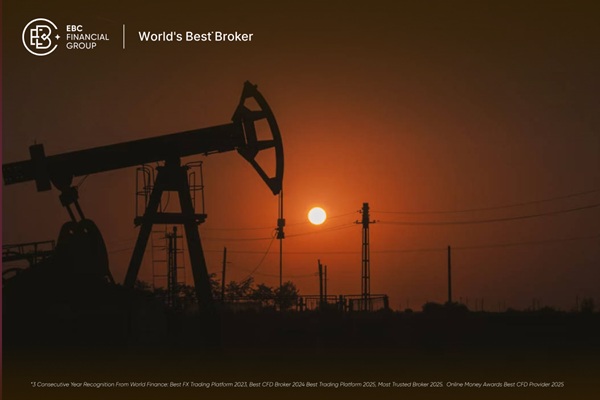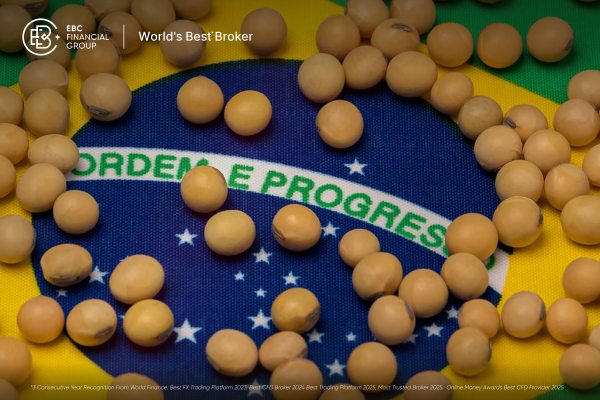If you're curious about its financial system and forex trading, you might be asking: What currency does England use? The currency used in England is the Pound Sterling (GBP), commonly represented by the symbol £. It's the official currency not only of England but of the entire United Kingdom, including Scotland, Wales, and Northern Ireland.
This article will answer your question of what currency does England use, diving into the history of the Pound Sterling, its denominations, and why it remains an important currency in the global economy.
The Pound Sterling: England's Official Currency
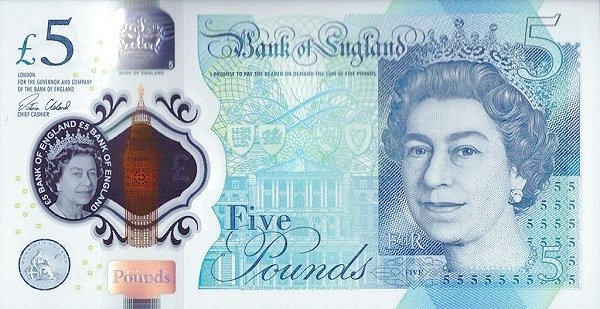
The Pound Sterling is England's official currency and has been for over a thousand years. It was first used in the Anglo-Saxon period, and the term "pound" comes from the Latin word “libra,” which means a pound of weight. So, when asking what currency does England use, the answer is rooted in the country's deep financial history.
Over time, the Pound became the official unit of currency for England, and later, the entire United Kingdom. Today, the Pound Sterling remains one of the oldest and most recognised currencies in the world.
What Currency Does England Use? A Brief History
When considering what currency does England use, it's important to note its evolution. The Pound has been the unit of currency since the reign of King Offa in the 8th century, initially based on a pound of silver. The Pound Sterling continued to evolve through the centuries, especially during the reign of Henry VII in the 15th century when gold coins were introduced.
Over the centuries, the Pound became a symbol of financial stability in the UK, and it remains a key player in the world economy today. So, when you ask what currency does England use, you're looking at a rich history that continues to shape the financial landscape.
What Currency Does England Use? The Denominations Explained
The Pound Sterling is subdivided into 100 pence (p), and there are various denominations of both coins and banknotes used in England. Understanding these denominations will help you when handling money in the UK.
Coins:
1p and 2p coins: The smallest denominations used for minor transactions.
5p, 10p, 20p, and 50p coins: Common for everyday purchases.
£1 and £2 coins: Larger denominations for higher-value purchases.
Banknotes:
£5: The smallest banknote, featuring figures such as Winston Churchill.
£10: A widely used note with an image of Jane Austen.
£20: Another common note featuring artist J.M.W. Turner.
£50: The largest note, often used for significant transactions.
In addition, the UK switched to polymer banknotes in recent years for better durability and security. These denominations represent the value of the Pound Sterling, answering your question of what currency does England use in a tangible way.
Why Does England Use the Pound and Not the Euro?
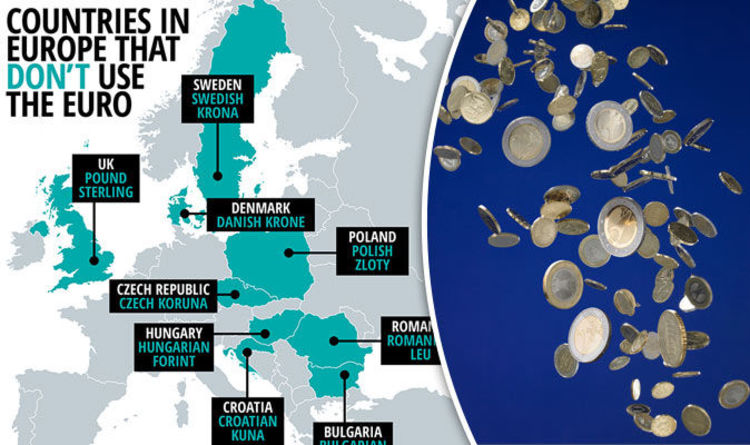
Now that you know what currency does England use, you might be wondering why England never adopted the Euro, despite being part of the European Union for many years. The answer lies in political, economic, and cultural factors.
The UK has always valued its independence, and the Pound Sterling is closely tied to British sovereignty. Retaining the Pound allows the UK to maintain full control over its monetary policies, such as setting interest rates and managing inflation. This is why, when asking what currency does England use, the answer will always point to the Pound rather than the Euro, which is used by most EU member states.
What Currency Does England Use in Practice?
For anyone visiting or doing business in England, understanding what currency does England use is vital for navigating daily transactions. The Pound Sterling is used for everything from grocery shopping to real estate deals. It is accepted throughout the UK, and in most cases, only Pounds will be accepted for transactions.
While some businesses in tourist-heavy areas might accept foreign currencies, this is not standard practice, and the exchange rates offered are often unfavourable. So, if you're asking what currency does England use, remember that the Pound Sterling is your go-to currency for all financial dealings.
A Strong Global Presence
When discussing what currency does England use, it's important to highlight that the Pound Sterling is one of the most traded currencies globally. While the Euro and the US Dollar are more commonly used in international transactions, the Pound is still a major player in global finance.
The strength of the Pound means that it often ranks higher than other currencies, making it a valuable asset in international markets. Exchange rates between the Pound and other currencies fluctuate based on economic conditions, but the Pound Sterling has historically remained strong due to the UK's established financial systems.
Can You Use Other Currencies in England?
Finally, if you're wondering if you can use other currencies while in England, the answer is no—Pound Sterling is the only legal tender in the country. While some tourist destinations may accept other currencies like the Euro or US Dollar, it's far from the norm, and the exchange rates may not be in your favour.
So when travelling to England, remember to exchange your money for Pounds to avoid any inconvenience. This is the only currency you'll need for everyday transactions.
Conclusion
To answer the question, what currency does England use? The official currency is the Pound Sterling (GBP), and it remains one of the oldest and most valuable currencies in the world. Whether you're visiting England, doing business, or investing in the UK economy, understanding the Pound is essential for navigating the financial landscape.
By exploring the Pound Sterling's history, denominations, and global significance, we've provided you with a comprehensive guide to this important currency. So, the next time you wonder what currency does England use, you'll have all the answers you need.
Disclaimer: This material is for general information purposes only and is not intended as (and should not be considered to be) financial, investment or other advice on which reliance should be placed. No opinion given in the material constitutes a recommendation by EBC or the author that any particular investment, security, transaction or investment strategy is suitable for any specific person.













